The Difference Between Retinol and Retinoids: Which is Better?
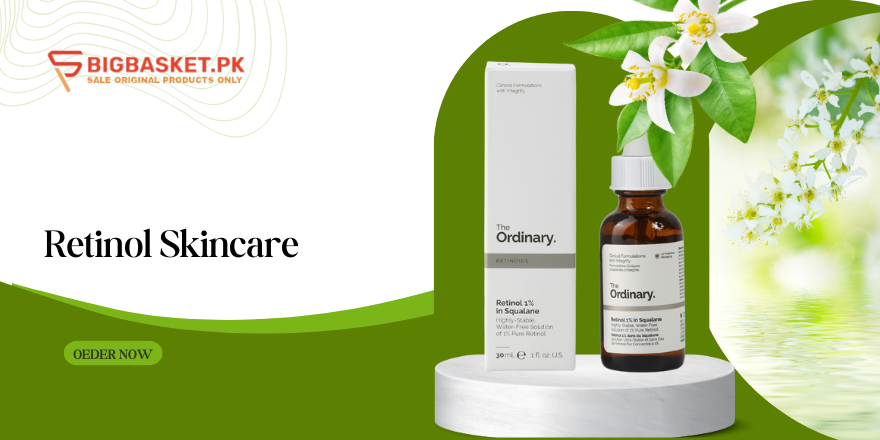
Are you on a quest for the perfect skincare regimen? If so, you’ve likely heard about the wonders of retinol and retinoids. These two powerhouse ingredients have been making waves in the beauty industry for their ability to combat signs of aging and improve overall skin texture. However, understanding the difference between these two can be as daunting as deciphering a scientific formula. Fear not, because in this article, we’ll delve into the intricate world of skincare chemistry to unravel the mystery behind retinol and retinoids. By the end, you’ll not only gain clarity on which one is better for your skin but also arm yourself with knowledge to make informed choices in your pursuit of radiant skin.
The Difference Between Retinol and Retinoids: Which is Better
When it comes to achieving the perfect skincare regimen, the debate between retinol and retinoids is a hot topic. While both are lauded for their anti-aging properties and ability to improve skin texture, understanding their key differences is crucial for making an informed decision. Retinol, a milder form of vitamin A, is available over the counter and offers gradual improvement in fine lines and wrinkles.
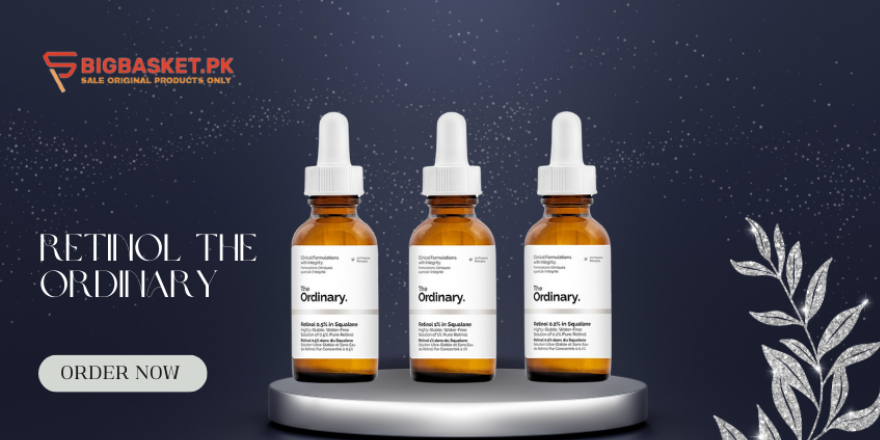
On the other hand, retinoids are prescription-strength treatments that deliver more immediate and transformative results, making them popular among individuals seeking rapid skin rejuvenation. Despite their impressive benefits, it’s important to note that these potent ingredients can irritate some users. Finding the right balance in formulation strength is essential in preventing adverse effects while maximizing efficacy.
Additionally, incorporating these products into your skincare routine requires patience and consistency to see noticeable improvements. By weighing the advantages and potential drawbacks of each option, you can tailor your regimen to achieve the radiant complexion you desire. Ultimately, whether you opt for retinol or retinoids depends on your individual goals and tolerance levels—but rest assured that both possess powerful qualities capable of enhancing your skincare journey.
What is the difference between retinol and retinoids
Are you ready to unlock the secrets of skincare’s powerful anti-aging ingredients? Meet Retinol and Retinoids, the dynamic duo that has taken the beauty world by storm. If you’ve ever felt bewildered by the abundance of products claiming to contain these miracle workers, you’re not alone. But fear not – in this article, we’ll delve into the fascinating world of retinol and retinoids, unraveling their differences and arming you with the knowledge to make informed decisions about your skincare routine.
Imagine a world where fine lines fade away, dark spots diminish, and skin texture becomes as smooth as silk – this is the promise of retinol and retinoids. As two powerhouse ingredients celebrated for their ability to turn back the clock on aging skin, they have become hot topics in both beauty magazines and dermatologist offices alike.
But what exactly sets them apart? How do they work their magic on our skin? Join us as we embark on an enlightening journey through these potent compounds, separating fact from fiction and ensuring that you emerge empowered with a newfound understanding of these game-changing skincare superheroes.
Are retinol and retinoids equally effective in treating skin concerns
Are you ready to unravel the age-old debate of retinol versus retinoids? As skincare aficionados continue to seek the ultimate elixir for flawless skin, the battle between these two powerhouse ingredients rages on. From banishing pesky wrinkles and fine lines to combating stubborn acne and uneven skin tone, both retinol and retinoids have garnered a reputation as miracle workers in the realm of skincare. But are they truly equal in efficacy, or does one reign supreme over the other.
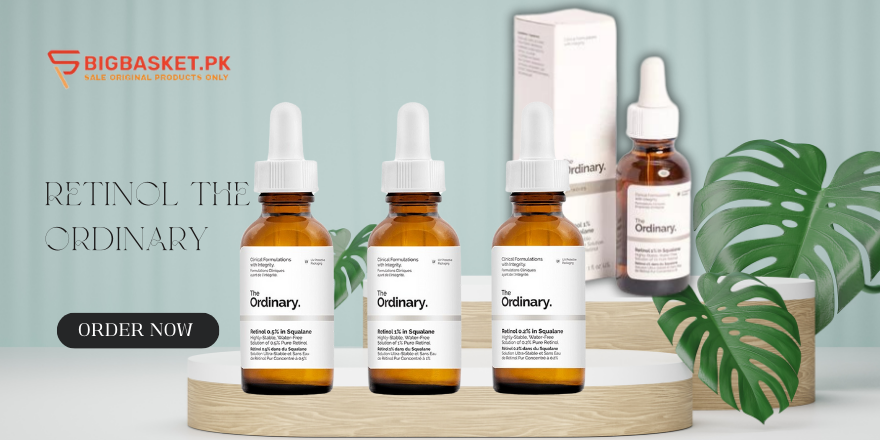
Join us as we delve into the science behind these potent compounds, uncovering their nuances, similarities, and differences to determine which one emerges victorious in addressing our most pressing skin concerns. In a world brimming with glossy advertisements and dazzling product claims, navigating the sea of skincare options can be overwhelming. The quest for that perfect potion often leads us down a labyrinth of conflicting information and bewildering choices.
Amidst this whirlwind of confusion stands the timeless query: do retinol and retinoids yield identical results? With an arsenal of scientific research at our disposal, we embark on an illuminating journey through the intricacies of these skin-transforming agents to shed light on their true potential. So buckle up as we embark on this captivating exploration into the realms of beauty chemistry – it’s time to separate fact from fiction and uncover whether retinol or retinoids hold sway in remedying our most persistent skin woes.
Which is better for anti-aging: retinol or retinoids
As we journey over time, the pursuit of eternal youth remains a timeless quest. In this age of advanced skincare, the debate over which anti-aging powerhouse reigns supreme – retinol or retinoids – continues to captivate beauty enthusiasts and dermatologists alike. Both hailed as formidable opponents against fine lines, wrinkles, and uneven skin tone, these two ingredients have become synonymous with the fountain of youth.
But as we delve into this captivating conundrum, it becomes clear that the battle for superior anti-aging prowess is far from over. Embarking on a quest for ageless beauty can often feel like navigating an intricate maze of conflicting information and bewildering choices. The allure of youthful radiance fuels our desire to uncover the most effective elixir for aging skin.
Join us on a compelling exploration into the world of retinol and retinoids as we unravel their distinct nuances and uncover which one holds the key to turning back the hands of time. Whether you are a skincare aficionado seeking clarity or a curious novice eager to unlock the secrets of anti-aging wonders, this article aims to demystify this age-old dilemma once and for all.
Can retinol or retinoids cause skin irritation
Imagine finding the holy grail of skincare, only to discover that it comes with a catch. Retinol and retinoids have long been hailed as miracle ingredients for their ability to smooth wrinkles, even out skin tone, and combat acne. However, for some individuals, these potent compounds can also bring about redness, peeling, and discomfort.
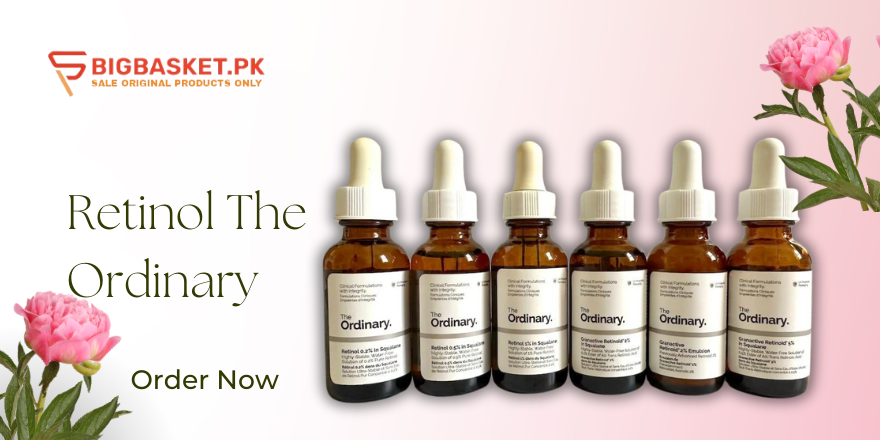
The age-old question remains: can retinol or retinoids cause skin irritation? As we delve into this complex topic, we’ll explore the science behind these powerhouse ingredients, uncover common misconceptions, and provide practical tips for navigating potential side effects. Whether you’re a skincare enthusiast or a curious skeptic, prepare to unravel the mysteries of retinol’s double-edged sword in this illuminating investigation.
Are retinol and retinoids safe to use during pregnancy
Are you expecting a little one and wondering about the safety of your skincare routine? The use of retinol and retinoids during pregnancy has been a topic of debate among expectant mothers and healthcare professionals for years. On one hand, these powerful ingredients are touted for their ability to combat acne, reduce fine lines, and promote skin renewal. On the other hand, concerns have been raised about potential risks to the developing fetus.
As we delve into this complex issue, it becomes clear that understanding the safety of retinol and retinoids during pregnancy is not only important for mothers-to-be but also for anyone interested in skincare and its impact on overall health. Imagine navigating the aisles of beauty stores or scrolling through online forums in search of safe skincare options during pregnancy – it can be overwhelming.
The allure of achieving radiant skin must be balanced with caution when it comes to using products containing retinol and retinoids. With conflicting information readily available, it’s crucial to unravel the science behind these ingredients’ potential effects on both maternal health and fetal development. In this article, we will explore the current research surrounding this hotly debated topic while equipping you with valuable insights to make informed choices about your skincare regimen during this precious time in your life.
How do retinol and retinoids work to improve skin
Have you ever wondered how skincare products containing retinol and retinoids manage to turn back the clock on aging skin? These powerful ingredients have been making waves in the beauty industry for their remarkable ability to improve skin texture, reduce fine lines and wrinkles, and even out skin tone. But what exactly makes them so effective? In this article.
we will delve into the fascinating world of retinol and retinoids, uncovering their mechanisms of action and exploring how they work at a cellular level to transform your skin. As we journey through the science behind these potent compounds, prepare to be amazed by their ability to stimulate collagen production, increase cell turnover, and minimize the appearance of pores.
We’ll also debunk common myths surrounding retinol and retinoids, providing you with a clear understanding of how to incorporate these game-changing ingredients into your skincare routine for maximum benefit. Whether you’re a skincare enthusiast or someone looking to elevate your anti-aging arsenal, this exploration of retinol and retinoids is sure to leave you informed, inspired, and ready to take charge of your skin’s transformation.
Do retinol and retinoids have any side effects
The pursuit of flawless, youthful skin has led many beauty enthusiasts to embrace the seemingly magical powers of retinol and retinoids. These potent ingredients promise to diminish fine lines, fade dark spots, and unclog pores with remarkable efficacy. However, behind their transformational potential lurks a shadowy question: do these wonder compounds come with a cost? As we delve into the world of skincare alchemy, we are compelled to unravel the mysteries of potential side effects associated with these celebrated anti-aging elixirs.
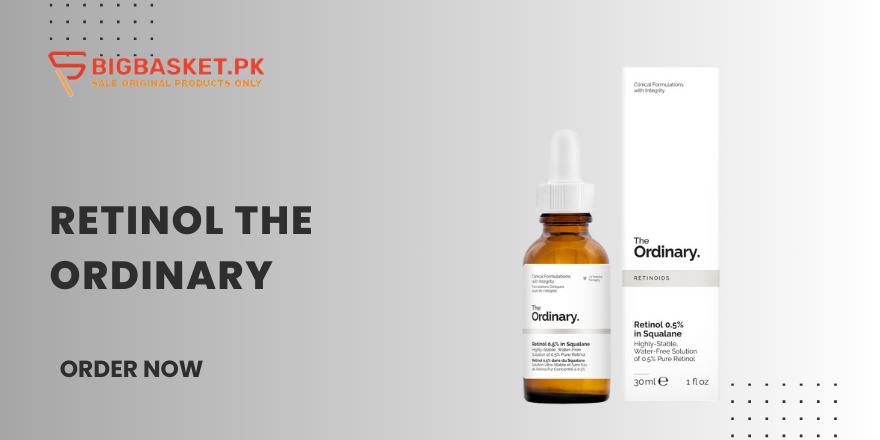
While millions swear by the skin-smoothing prowess of retinol and retinoids, their formidable reputation is accompanied by whispers of irritation, redness, and flakiness. Are these just cautionary tales or genuine concerns that could disrupt our quest for radiant complexions?
Delving deeper into this enigmatic realm unveils a complex tapestry of scientific insights and consumer experiences that offer both reassurance and wariness. Join us as we embark on an illuminating journey through the captivating realm of skincare science to uncover whether retinol and retinoids truly carry hidden risks amidst their alluring promises of timeless beauty.
What are the different types of retinoids available in skincare products?
Are you feeling overwhelmed by the multitude of retinoid products on the market? From retinol and tretinoin to adapalene and retinaldehyde, it seems like there’s a never-ending list of options when it comes to choosing the right retinoid for your skincare routine. But fear not! In this comprehensive guide, we will delve into the fascinating world of retinoids, exploring the various types available in skincare products and shedding light on their unique properties and benefits.
As one of the most revered ingredients in dermatology, retinoids have gained a reputation for their exceptional ability to combat acne, reduce signs of aging, and improve overall skin texture. However, navigating through the different forms of retinoids can be perplexing for even the most seasoned skincare aficionados.
Whether you’re a skincare novice or a seasoned enthusiast looking to expand your knowledge, this article will equip you with valuable insights into the diverse array of retinoids found in today’s beauty products. So sit back, relax, and prepare to unravel the mysteries behind these transformative compounds that have revolutionized modern skincare routines.
Are there any potential interactions between retinol or retinoids and other skincare ingredients?
As we delve deeper into the world of skincare, the use of retinol and retinoids has become increasingly popular due to their remarkable ability to combat signs of aging and improve overall skin texture. However, as skincare enthusiasts continue to expand their knowledge of these powerful ingredients, a pertinent question arises: are there potential interactions between retinol or retinoids and other skincare ingredients?
The answer may not be as straightforward as one might hope. With an array of conflicting information and varying opinions, it’s crucial to uncover the truth about how these potent compounds interact with other beloved skincare staples. In this article, we will explore the science behind retinol and retinoids, dissecting their potential interactions with common skincare ingredients to provide clarity for anyone seeking a comprehensive understanding of effective skincare combinations.
Can retinol and retinoids be used for treating acne?
Acne, the bane of many people’s existence, has been a persistent skin concern for generations. Countless remedies and treatments have been touted as the ultimate solution, but one class of compounds has risen to the forefront of acne treatment discussions: retinol and retinoids. These vitamin A derivatives have long been celebrated for their anti-aging properties, but their potential as acne-fighting powerhouses is gaining attention.
Can these skincare superheroes truly banish breakouts and unclog stubborn pores? Let’s delve into the fascinating world of retinol and retinoids to uncover their potential in the fight against acne. Acne affects millions worldwide, transcending age, gender, and ethnicity, making it a universal skin struggle. In recent years, there has been a surge in interest surrounding retinol and retinoids as a possible remedy for this common affliction.
The allure of these compounds lies not only in their ability to tackle existing pimples but also in their capacity to prevent new ones from forming—a tantalizing prospect for anyone battling with persistent outbreaks. If you’ve ever wondered about harnessing the power of these potent skincare ingredients to bid farewell to pesky blemishes once and for all, then join us on this enlightening journey into the realm of retinol and retinoids as we explore their potential role in acne treatment.









